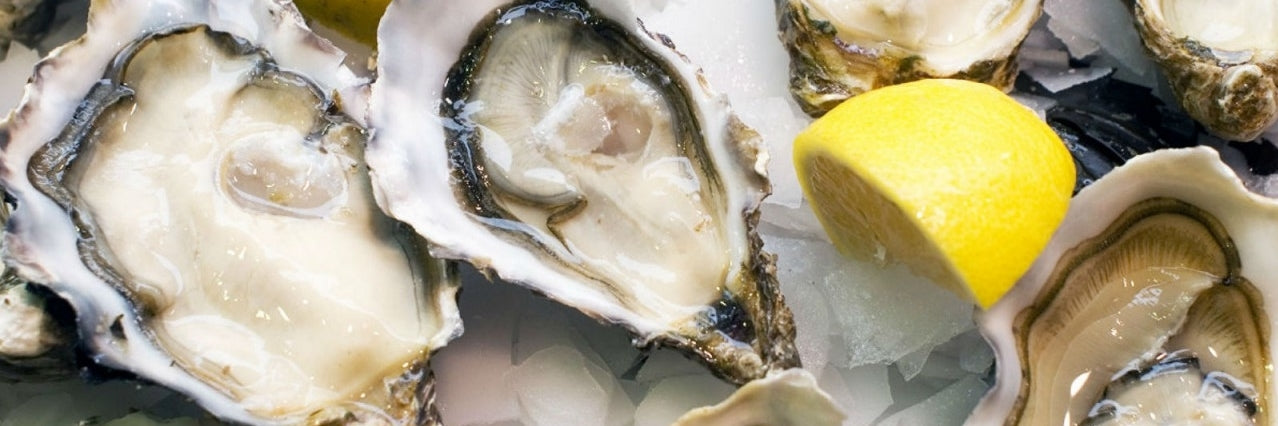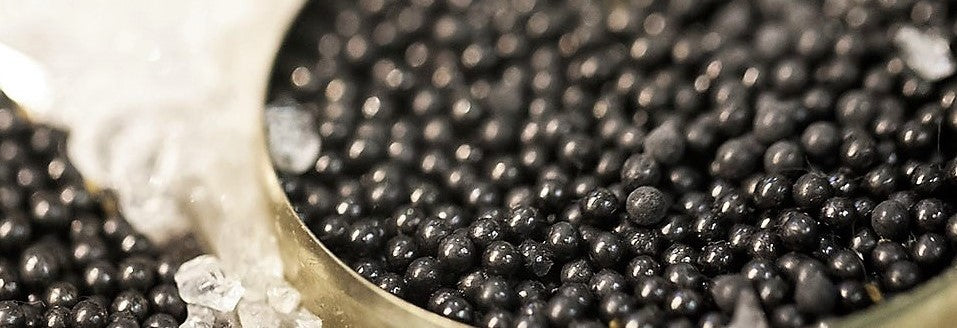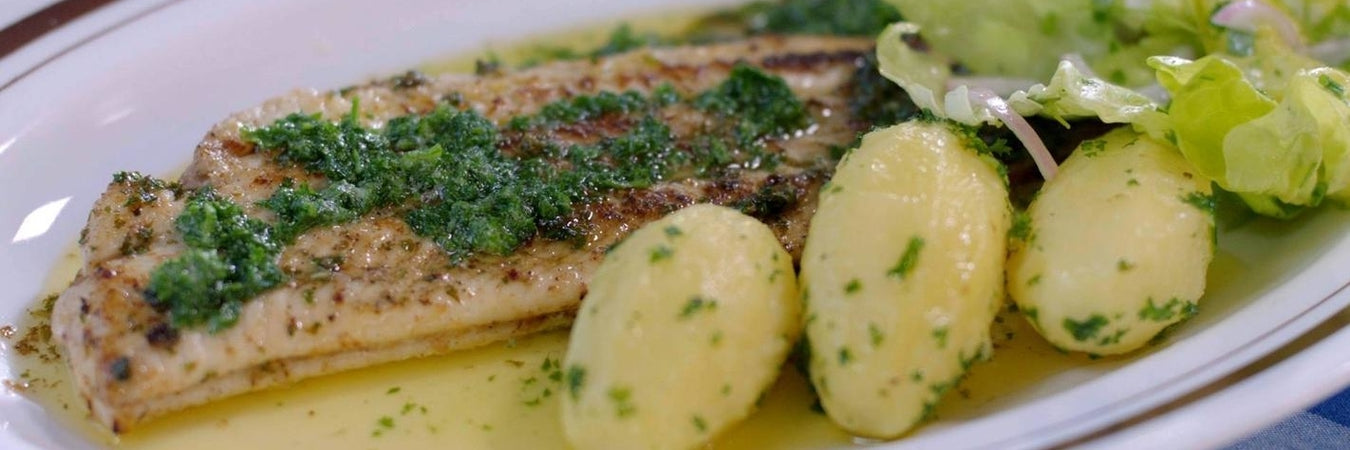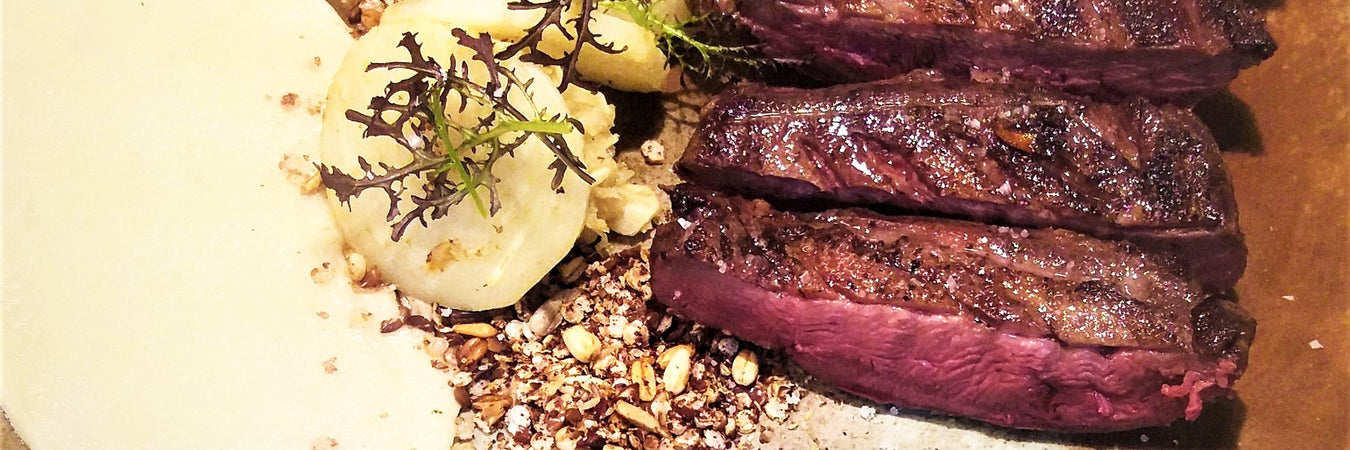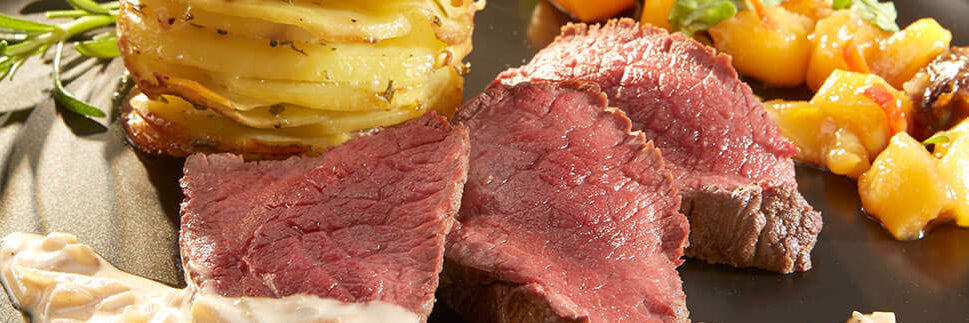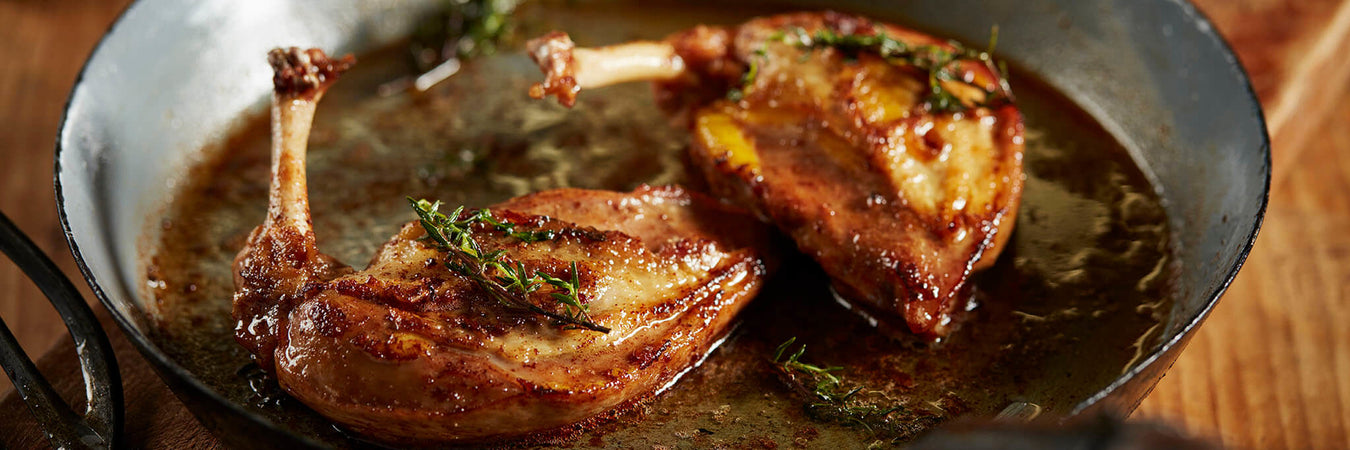Vines are often decades old. Vineyards thrive in poor soils with a lot of rock; the roots of the plants dig their way to the deeper layers year after year. Such wine estates provide strong tasting, aromatic wines. Wine estates that are highly fertilized produce more grapes and more juice, but also weaker wines.
The location of a vineyard is also very important: a lot of wind and a lot of sun help to keep a plot dry and mold-free.

The organic grape grower takes extra care of the soil and soil life. A good soil is rich in living organisms that traverse the soil and have an impact on the nutrition of the plants. It helps the grower to feed his plants and keep them strong. He may not use artificial fertilizers to feed the soil and soil life, but natural fertilizers, compost, algae and a few other vegetable raw materials that are explicitly permitted by the legislation for organic matter.
To stimulate soil life and to improve the soil structure. The organic winegrower sows plants between the vines and at the edge of the plot.
The weeds are kept in check mechanically: some wine growers hoe by hand, others do it mechanically. A thermal treatment in which weeds are burned away is also possible.


